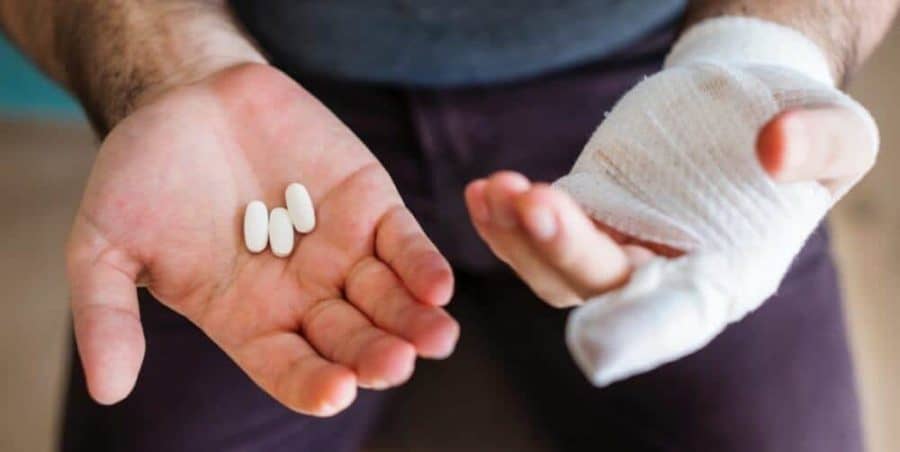Two of the most frequently prescribed medications don’t go well together, Stanford researchers have learned. The unfortunate result: Some patients experience more pain and are possibly more prone to opioid abuse.
The medications are hydrocodone, an opioid often given to patients after surgery and one of the most prescribed medications in the United States, and selective serotonin reuptake inhibitors (SSRIs), a common type of psychiatric medication that includes Prozac and Zoloft.
A team of Stanford scientists suspected that these two types of drugs wouldn’t get along. Hydrocodone needs a liver enzyme to convert it into a form that relieves pain. And SSRIs suppress that same enzyme.
To test their hunch, the researchers examined electronic health records of 4,306 depressed patients who had surgery at Stanford Health Care. In a study in PLOS ONE, they showed that the patients on SSRIs who’d been given hydrocodone — or other opioids that require conversion by the liver — experienced higher pain levels after surgery.
Prescribing these patients non-opioids or opioids that don’t need conversion — such as morphine, fentanyl or oxycodone — may help reduce opioid abuse, the researchers suggested.
“Patients who experience greater pain are likely to take more opioids and to take them for longer periods, both risk factors for opioid abuse,” said Ian Carroll, MD, assistant professor of medicine at Stanford and a senior author of the study, in the news release.
Carroll added that physicians often prescribe hydrocodone instead of direct-acting morphine, fentanyl or oxycodone because they perceive it to be safer. But that isn’t always effective, he told me.
“The prescribing of hydrocodone has more to do with history and perception,” Carroll said. “The liver converts hydrocodone into morphine, so the result is the same.”
Tina Hernandez-Boussard, PhD, associate professor of medicine at Stanford, also a senior author of the study, said that their goal was to find ways to reduce abuse of opioid medications while relieving patients’ pain. “We can’t just say that no one is going to get opioids,” she said.


